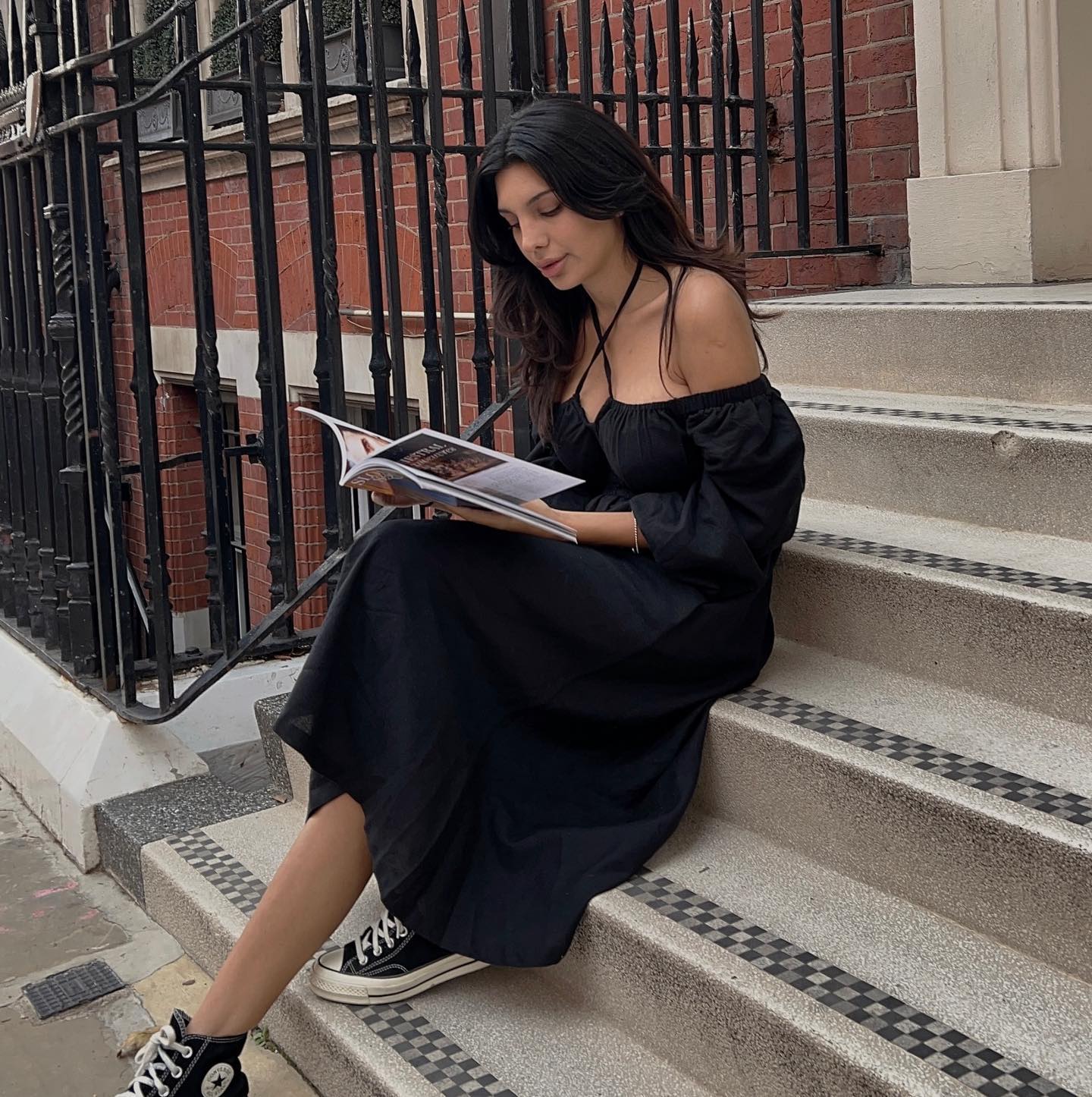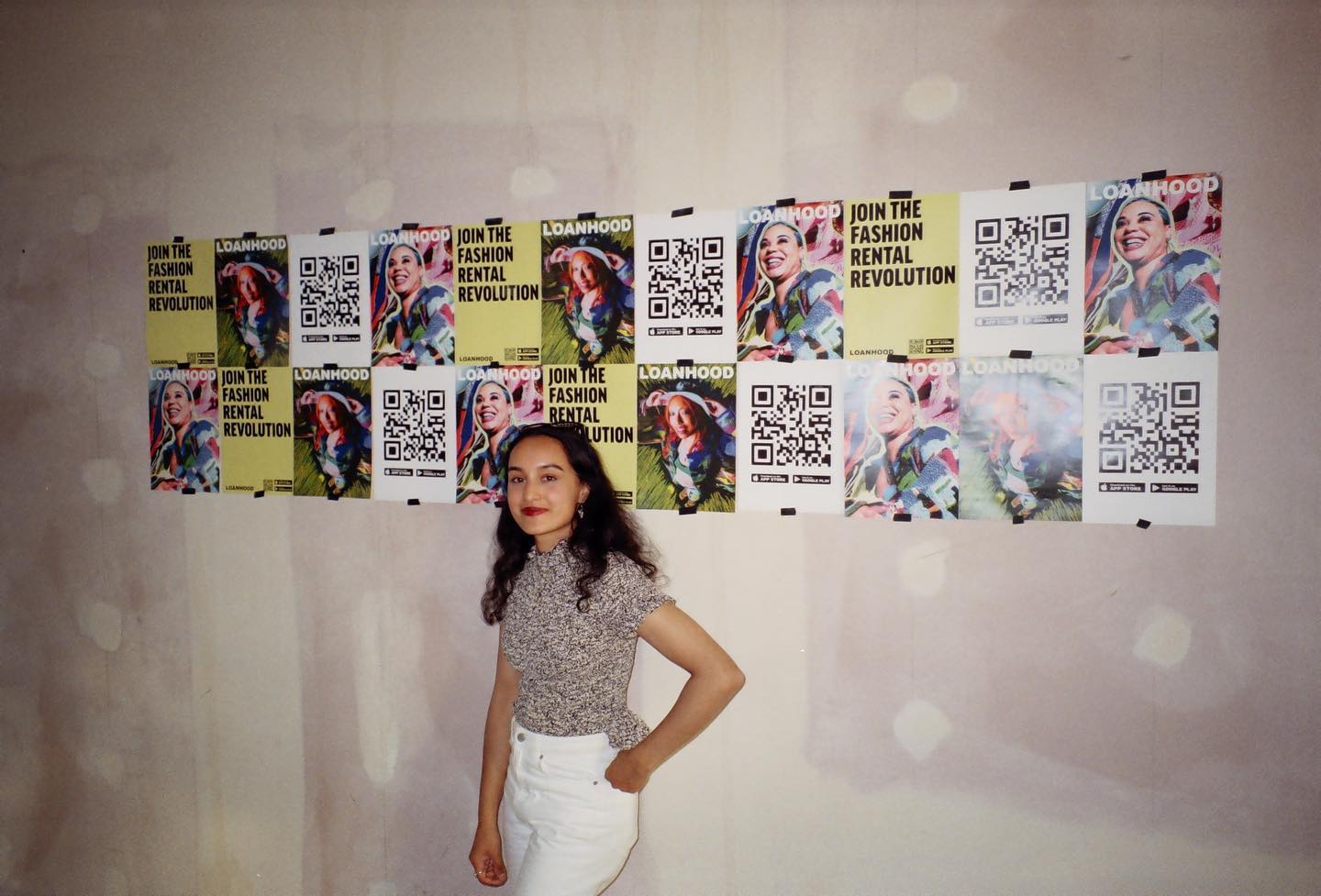The Shein influencer trip scandal reminds us all how easily we can become complicit in exploitative business models - Let’s talk about it.
If you don’t already know, Shein is the biggest ultra-fast fashion brand in the world. They are widely known for their exploitation of workers, environmental abuses and design theft from smaller designers. In 2022, Channel 4 released their documentary, ‘UNTOLD: Inside the Shein Machine’ which highlighted the terrible working conditions in Shein factories, including 18 hour working days, wages of just 3 pence per garment and an allowance of only one or two days off per month.
In an ongoing attempt to improve their brand image, Shein invited 6 influencers to visit their ‘innovation centre’ factory in Guangzhou, China. The influencers were there to take part in Shein’s new youtube series ‘Shein101’ and debunk the ‘myths.’ In released videos on Youtube and Tiktok, influencers walk around the pristine factory saying how, “excited and impressed,” they are to see the working conditions, explaining how they, “expected this facility to be filled with people just slaving away,” but were, “pleasantly surprised.”
However, instead of Shein101, this trip became the perfect example of Greenwashing101. Commentators say that Shein has a huge negative impact on the environment. Shein currently creates about 6.3 million tonnes of carbon dioxide annually. Their garments, designed to be worn for a short period of time and ultimately destined for landfill, have also been found to contain alarming levels of dangerous chemicals, such as lead and PFAs. The Fashion sustainability and ethics ranker, GoodonYou, has rated Shein ‘very poor’ and the Fashion Transparency Index has rated Shein 0-1%... the lowest possible score. You get the gist, it is generally considered that Shein is one of the worst perpetrators in fashion when it comes to abusing workers and the planet.
Despite this, influencers toured the factory, detailing how great it is, presenting it as a socially and environmentally responsible brand. Not only is this an endorsement of Shein’s awful practices - it also encourages and enables their followers to continue to shop at Shein without environmental guilt.
Many people believe that the picture-perfect factory is fake or staged. (If you’ve seen the Channel 4 documentary, you understand why!) But even if this factory is real, it is only one of thousands. Shein does not own its supply chain and instead relies on cheap, third-party sub-manufacturers. The influencers only saw the tip of the iceberg.
Something we also found upsetting is the demographic of influencers that Shein chose to invite. 5 out of 6 of the influencers were people of colour. Although diversity and representation is a good thing, this is a double edged sword. Brands trying to improve their image will often use black and brown faces as a spokespeople to distract from the exploitation of other black and brown faces that is inherent to their business model. This is a process called blackwashing.
Influencers from historically marginalised groups, like the ones involved in this controversy, are typically offered fewer opportunities due to structural racism, furthermore, the opportunities and partnerships they are offered are often paid far less than their white counterparts. Shein knows this, and it is taking advantage of structural racism, sexism and fatphobia within the fashion and influencer industry to improve their profile. One of the influencers receiving backlash said she was just, “happy to be included,” in something and should’ve done more research.
All in all, this scandal brings to the forefront the hypocrisy of so many of our consumption habits and how to save or make a little money, we are easily susceptible to being complicit in exploitative practices. After all, the influencers that are being mocked across the internet personify something that we all do… support terrible businesses.
Because of this, we feel that shaming the influencers or consumers of Shein is not the answer (even though it is a little bit funny.) Instead, we need to change the way we think about our wardrobes. We HAVE to reject the idea that our clothes are disposable and start valuing what we have, this is one of the fundamental pillars of OWNI.
If you don’t already know, OWNI is a circular fashion platform that used AI to digitise your wardrobe so you can keep track of what you own, sell your unwanted clothes and find new items to love. We don’t think it is our job to tell you what you should and shouldn’t buy, but we do believe that whatever you do buy should be treated as an asset that shouldn’t go to waste. We know it’s easier to over-consume when you aren’t taking into account what you already own. That’s why OWNI uses AI to upload your items from your digital receipts, create transparent listings and find buyers.
So, if you shop at Shein and you’re interested in finding out how much you’ve spent, what you own, or what it’s worth - get started with OWNI. And if you’re an influencer, now is a great time to start thinking about your brand deals. You might benefit from reviewing who writes your cheques and using your reach and voice to make the world a better place.
Peace!





